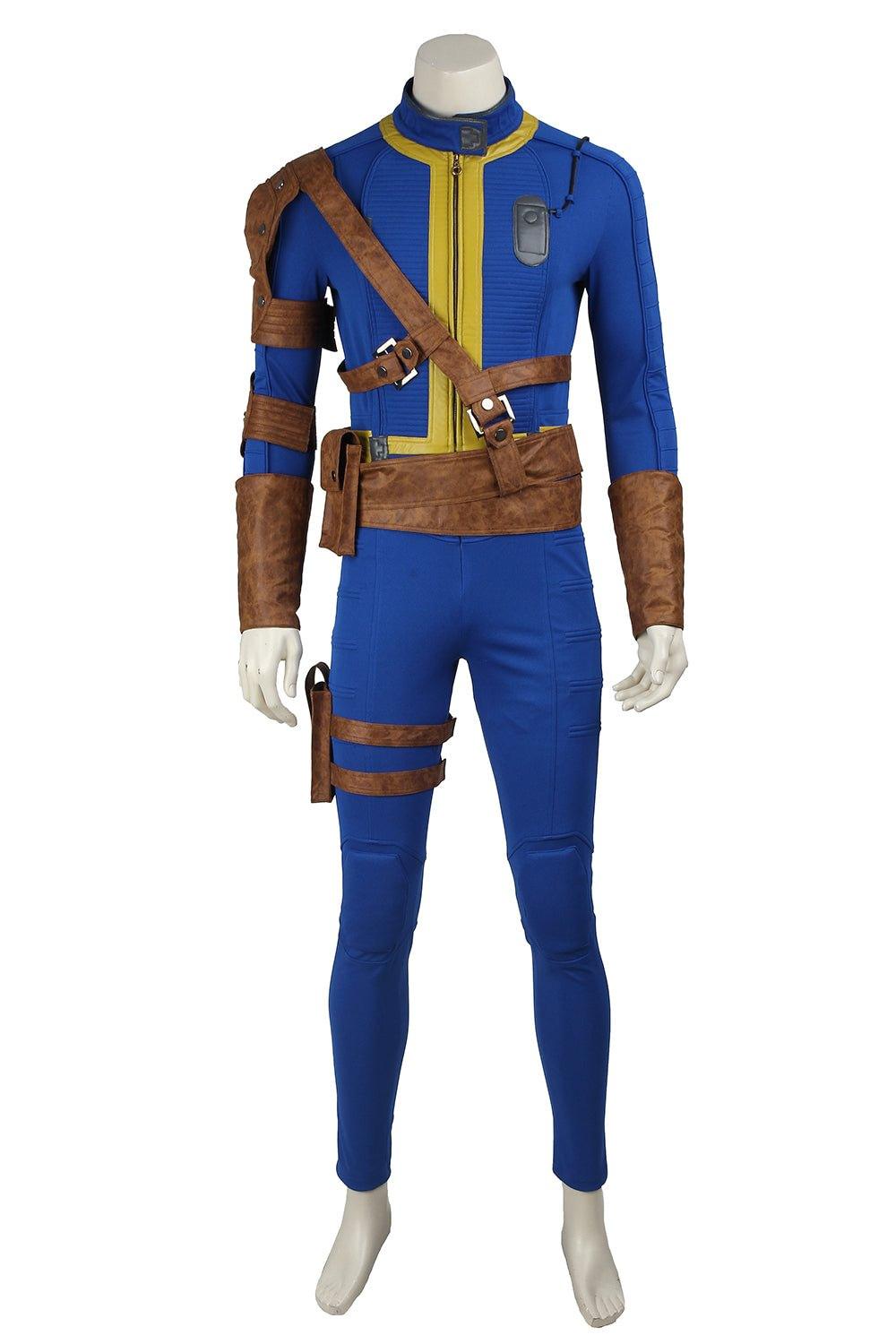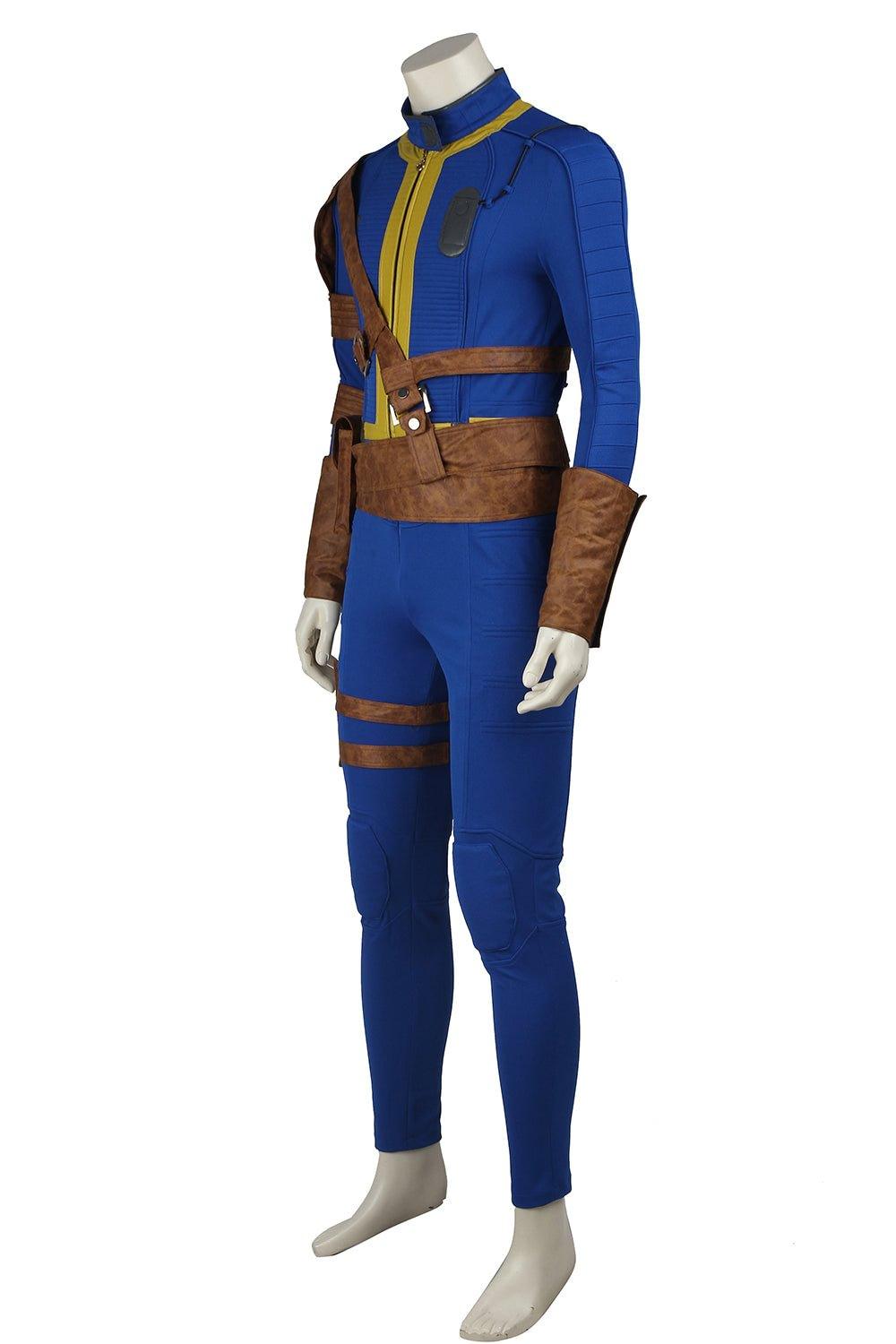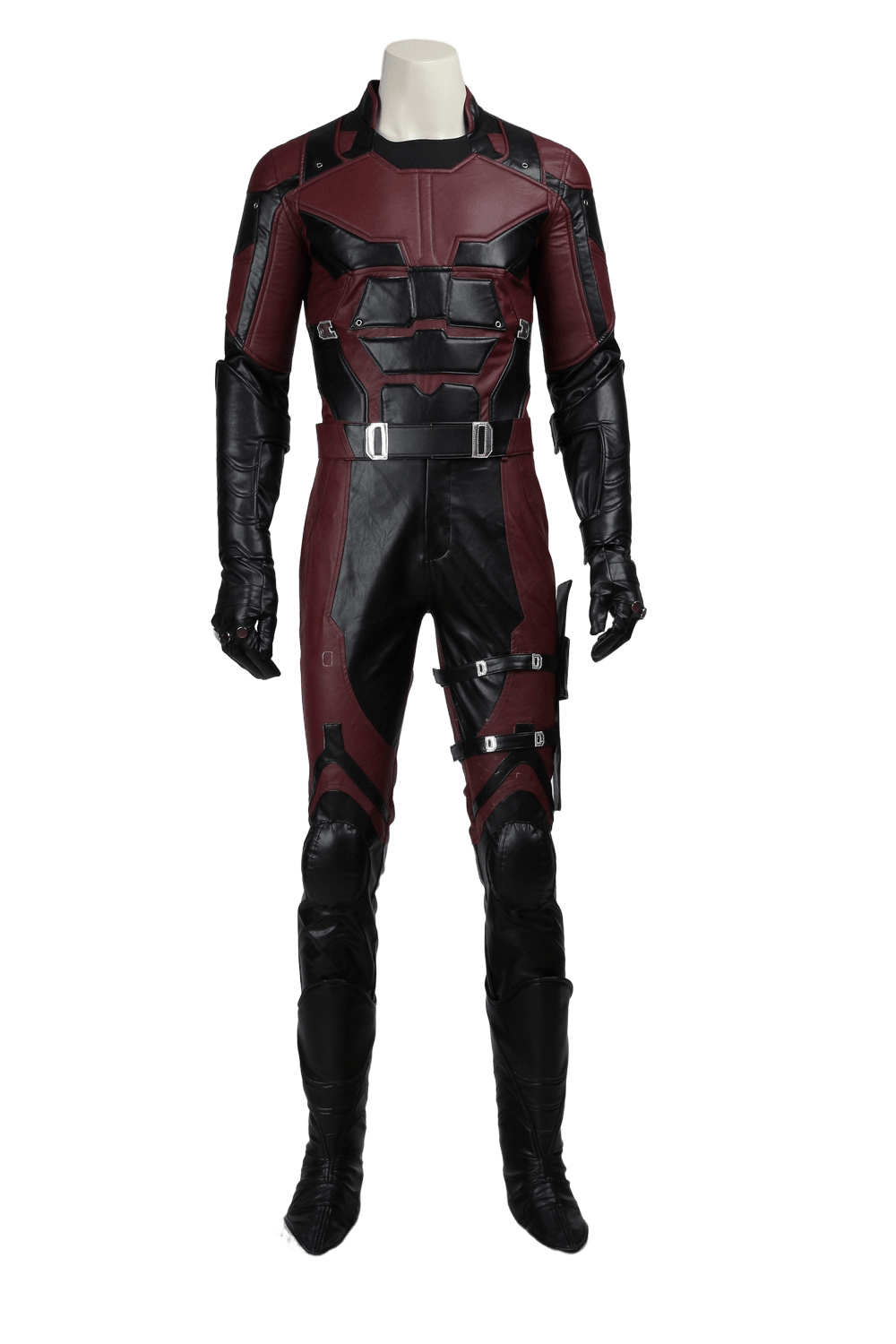How to Become a Costume Designer: A Comprehensive Guide
Costume design is a fascinating and creative career path that combines artistry, historical knowledge, and storytelling through clothing. Whether you dream of designing for theater, film, television, or even cosplay events, becoming a costume designer requires dedication, skill development, and industry experience. This comprehensive guide will walk you through the steps to launch your career as a costume designer, including education, skills, networking, and practical advice.
Understanding the Role of a Costume Designer
Before diving into the specifics of becoming a costume designer, it's essential to understand what the job entails. Costume designers are responsible for creating the visual appearance of characters through their clothing and accessories. They work closely with directors, producers, and other members of the creative team to bring stories to life through costume choices that reflect characters' personalities, social status, and the overall setting of the production.
Key responsibilities of a costume designer include:
-
Analyzing scripts to understand character development and costume needs
-
Researching historical periods, cultures, and fashion trends
-
Creating sketches and mood boards to communicate design concepts
-
Sourcing or creating costumes, accessories, and materials
-
Managing fittings with actors and making necessary alterations
-
Overseeing the costume department's budget and team
-
Ensuring costume continuity throughout the production
Educational Pathways
While there's no single mandatory educational path to becoming a costume designer, formal education can provide valuable skills, knowledge, and networking opportunities. Here are some educational options to consider:
High School Preparation
If you're still in high school, focus on courses that will build a strong foundation for a career in costume design:
-
Art and design classes
-
Theater and drama courses
-
History and literature (for period research skills)
-
Family and consumer sciences (for sewing and textile knowledge)
-
Business and marketing classes (useful for freelance work)
Participate in school theater productions, either as a performer or by helping with costumes, to gain hands-on experience.
Bachelor's Degree Programs
Many costume designers hold a bachelor's degree in a related field. Consider programs such as:
-
Costume Design
-
Theater Design
-
Fashion Design
-
Fine Arts with a focus on costume or theater
Look for programs that offer a mix of theoretical knowledge and practical skills, including courses in:
-
Costume history
-
Textile science
-
Pattern making and draping
-
Figure drawing
-
Theater production
Master's Degree Programs
While not always necessary, a master's degree can provide advanced skills and potentially lead to higher-level positions. Master's programs in costume design often focus on:
-
Advanced design techniques
-
Production management
-
Research methodologies
-
Specialized areas like millinery or armor-making
Alternative Education Paths
If a traditional degree isn't feasible, consider these alternatives:
-
Vocational programs in fashion or theater design
-
Online courses in costume design and related skills
-
Workshops and masterclasses offered by professional organizations
Developing Essential Skills
Becoming a successful costume designer requires a diverse skill set. Focus on developing these key areas:
Artistic and Design Skills
-
Sketching and illustration
-
Color theory and fabric selection
-
Understanding of silhouette and proportion
-
Ability to translate 2D designs into 3D garments
Technical Skills
-
Sewing and garment construction
-
Pattern making and draping
-
Knowledge of different fabrics and their properties
-
Costume alteration and repair techniques
Research and Historical Knowledge
-
Familiarity with fashion history and period styles
-
Ability to conduct thorough historical research
-
Understanding of cultural dress and symbolism
Digital Skills
-
Proficiency in design software (e.g., Adobe Creative Suite)
-
Basic 3D modeling for costume rendering
-
Digital organization and presentation skills
Soft Skills
-
Communication and collaboration
-
Time management and organization
-
Problem-solving and adaptability
-
Creativity and attention to detail
Gaining Experience
Experience is crucial in the costume design field. Here are ways to build your portfolio and resume:
Internships
Seek internships with theater companies, film studios, or costume shops. These opportunities provide hands-on experience and industry connections.
Assistant Positions
Start as a costume assistant or wardrobe trainee to learn the ropes and work your way up the career ladder.
Community Theater and Independent Productions
Volunteer or work with local theater groups or independent film productions to gain practical experience and build your portfolio.
Cosplay and Costume Contests
Participate in cosplay events or costume design contests to showcase your creativity and technical skills. Websites like CrazeCosplay.com offer a platform to explore various costume designs and potentially find inspiration or even opportunities to collaborate with other enthusiasts.
Building Your Portfolio
A strong portfolio is essential for showcasing your skills to potential employers. Include:
-
Sketches and design concepts
-
Photos of completed costumes
-
Process documentation (from concept to final product)
-
Any awards or recognition received for your work
Networking and Professional Development
Networking is crucial in the entertainment industry. Here are ways to connect and grow professionally:
Join Professional Organizations
Consider memberships in organizations like:
-
Costume Designers Guild
-
United Scenic Artists
-
International Alliance of Theatrical Stage Employees (IATSE)
Attend Industry Events
Participate in film festivals, theater conferences, and design expos to meet industry professionals and stay updated on trends.
Online Presence
Maintain a professional website or social media presence to showcase your work and connect with others in the field.
Career Paths and Progression
The career path of a costume designer can vary, but a typical progression might look like this:
-
Costume Assistant or Trainee
-
Costume Maker
-
Assistant Costume Designer
-
Associate Costume Designer
-
Costume Designer
Some designers specialize in particular areas, such as:
-
Period costume design
-
Sci-fi and fantasy costumes
-
Dance or opera costumes
-
Film and television costumes
Challenges and Considerations
While pursuing a career as a costume designer can be rewarding, it's important to be aware of potential challenges:
-
Competitive job market
-
Irregular work hours, especially during productions
-
Pressure to meet tight deadlines and budgets
-
Potential for freelance or contract work, which may lead to income instability
The Role of Online Platforms in Costume Design
In today's digital age, online platforms play a significant role in the costume design industry. Websites like CrazeCosplay.com offer aspiring designers a unique opportunity to explore diverse costume ideas, purchase materials, and even showcase their work. However, it's important to approach such platforms with caution:
-
Use them for inspiration and research, but always strive to create original designs.
-
Be aware of potential issues with customer service or pricing discrepancies, as noted in some reviews of CrazeCosplay.com.
-
Consider these platforms as supplementary resources rather than primary career-building tools.
Financial Aspects of Costume Design
Understanding the financial aspects of a career in costume design is crucial:
Salary Expectations
According to industry sources, the minimum weekly rate for costume designers is approximately $3,234.06 for film and $3,040.67 for TV productions. However, rates can vary significantly based on experience, project scale, and location.
Budgeting Skills
Costume designers must be adept at managing budgets for their departments. This includes:
-
Sourcing materials cost-effectively
-
Balancing quality with budget constraints
-
Negotiating with suppliers and rental houses
Freelance Considerations
Many costume designers work as freelancers, which requires additional skills:
-
Managing personal finances and taxes
-
Marketing your services
-
Negotiating contracts and rates
Staying Current in the Field
The world of costume design is ever-evolving. To stay relevant:
-
Keep up with fashion trends and technological advancements in textiles
-
Continuously update your skills through workshops and courses
-
Stay informed about new production techniques and materials
Ethical Considerations in Costume Design
As a costume designer, it's important to be aware of ethical considerations:
-
Cultural sensitivity in costume choices
-
Sustainable and eco-friendly design practices
-
Fair labor practices in costume production
Conclusion
Becoming a costume designer is a journey that requires passion, creativity, and perseverance. By focusing on education, skill development, gaining experience, and building a strong network, you can pave your way to a successful career in this exciting field. Remember that while resources like CrazeCosplay.com can be useful for inspiration and materials, your success will ultimately depend on your unique vision, technical skills, and ability to bring characters to life through costume.
Whether you're designing for stage, screen, or cosplay events, the world of costume design offers endless opportunities for creative expression and storytelling. With dedication and hard work, you can turn your passion for costume design into a fulfilling and successful career.















